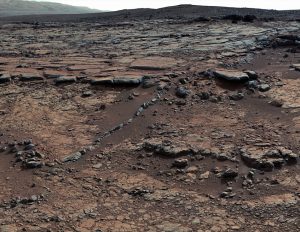 The Medusae Fossae Formation rises near the equator of Mars. The soft rock has been carved by wind erosion into a collection of ridges, valleys and striking mesas. It’s massive. It’s strange. And scientists are now tracing its origin to explosive volcanic activity in Mars’ deep past.
The Medusae Fossae Formation rises near the equator of Mars. The soft rock has been carved by wind erosion into a collection of ridges, valleys and striking mesas. It’s massive. It’s strange. And scientists are now tracing its origin to explosive volcanic activity in Mars’ deep past.
NASA has referred to Medusae Fossae as “an enigmatic pile of eroding sediments.” UFO enthusiasts once spotted what they believed to be a UFO there, which is mainly a testament to the exotic shapes formed in the wind-blasted area.
Read the Full Story on CNET.
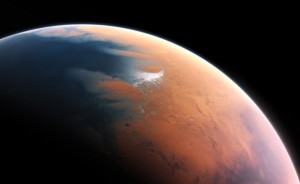 A massive ancient ocean once covered nearly half of the northern hemisphere of Mars making the planet a more promising place for alien life to have gained a foothold, Nasa scientists say.
The huge body of water spread over a fifth of the planet’s surface, as great a portion as the Atlantic covers the Earth, and was a mile deep in places. In total, the ocean held 20 million cubic kilometres of water, or more than is found in the Arctic Ocean, the researchers found.
Read the Full Article at The Guardian.
A massive ancient ocean once covered nearly half of the northern hemisphere of Mars making the planet a more promising place for alien life to have gained a foothold, Nasa scientists say.
The huge body of water spread over a fifth of the planet’s surface, as great a portion as the Atlantic covers the Earth, and was a mile deep in places. In total, the ocean held 20 million cubic kilometres of water, or more than is found in the Arctic Ocean, the researchers found.
Read the Full Article at The Guardian.  A massive ancient ocean once covered nearly half of the northern hemisphere of Mars making the planet a more promising place for alien life to have gained a foothold, Nasa scientists say.
The huge body of water spread over a fifth of the planet’s surface, as great a portion as the Atlantic covers the Earth, and was a mile deep in places. In total, the ocean held 20 million cubic kilometres of water, or more than is found in the Arctic Ocean, the researchers found.
Read the Full Article at The Guardian.
A massive ancient ocean once covered nearly half of the northern hemisphere of Mars making the planet a more promising place for alien life to have gained a foothold, Nasa scientists say.
The huge body of water spread over a fifth of the planet’s surface, as great a portion as the Atlantic covers the Earth, and was a mile deep in places. In total, the ocean held 20 million cubic kilometres of water, or more than is found in the Arctic Ocean, the researchers found.
Read the Full Article at The Guardian. 






 The Medusae Fossae Formation rises near the equator of Mars. The soft rock has been carved by wind erosion into a collection of ridges, valleys and striking mesas. It’s massive. It’s strange. And scientists are now tracing its origin to explosive volcanic activity in Mars’ deep past.
The Medusae Fossae Formation rises near the equator of Mars. The soft rock has been carved by wind erosion into a collection of ridges, valleys and striking mesas. It’s massive. It’s strange. And scientists are now tracing its origin to explosive volcanic activity in Mars’ deep past.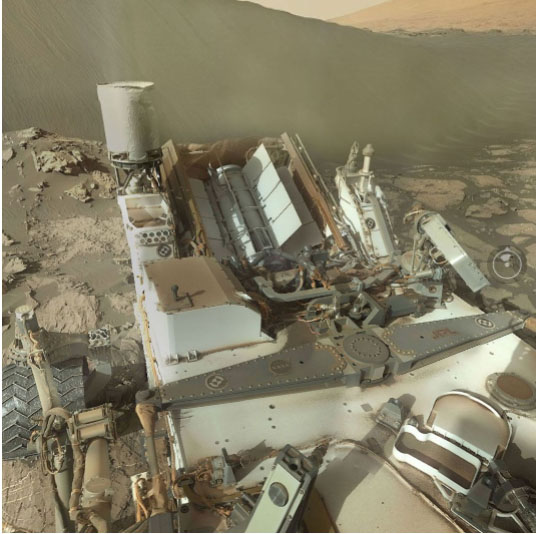
 NASA’s Mars rover Curiosity stumbled upon a dark grey, golf-ball-size object last week that looks nothing like the typical red-orange rocks that are normally seen on Mars.
NASA’s Mars rover Curiosity stumbled upon a dark grey, golf-ball-size object last week that looks nothing like the typical red-orange rocks that are normally seen on Mars. NASA’s
NASA’s 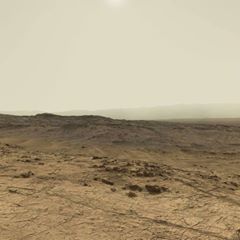
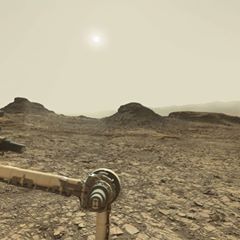
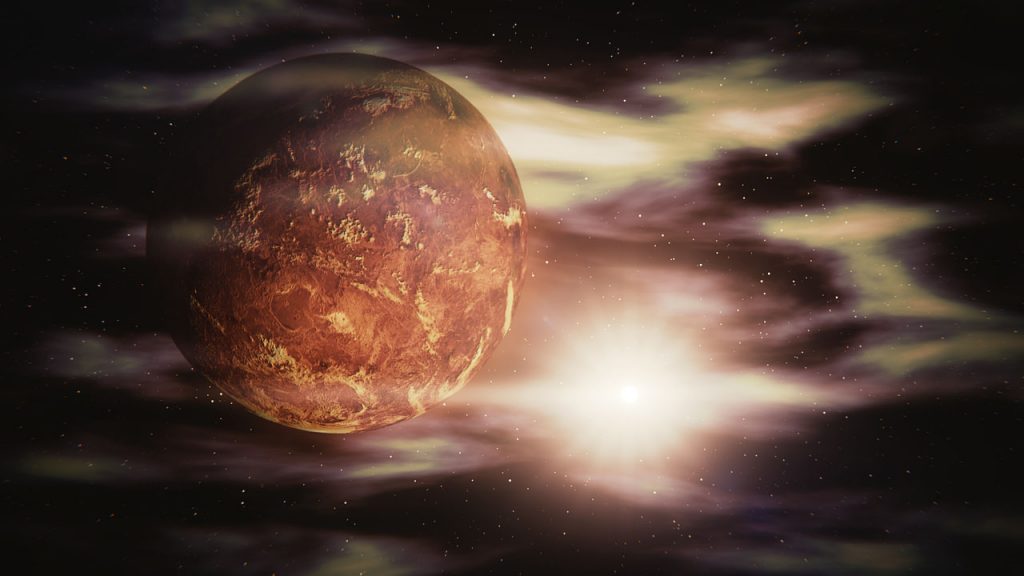
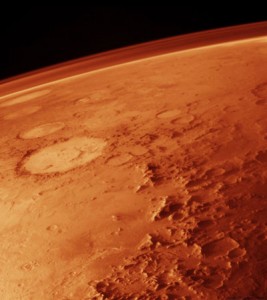 A rare opportunity on the horizon!
A rare opportunity on the horizon!